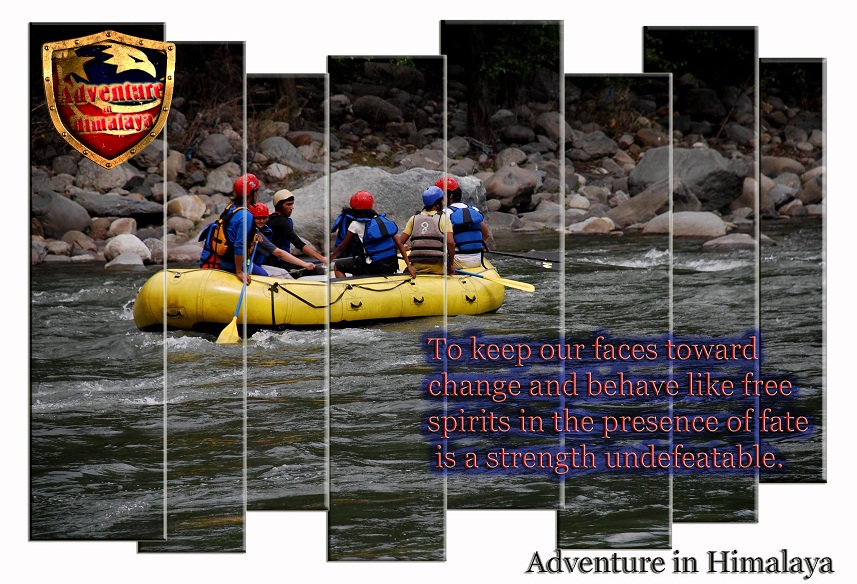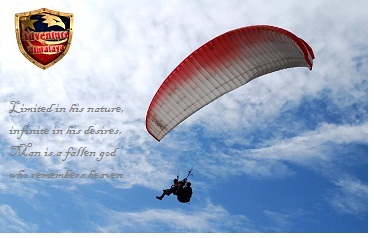Trekking ethics
Leave No Trace principles
These are the guidelines designed to minimize human impact on the environment and promote responsible outdoor recreation. These principles aim to preserve the natural beauty and integrity of wilderness areas, ensuring that they remain accessible and enjoyable for future generations. Here are some key trekking ethics to keep in mind:
1. Plan Ahead and Prepare
Research your trekking destination and familiarize yourself with local regulations, weather conditions, and Leave No Trace principles.
Prepare adequately by bringing essential gear, including navigation tools, clothing layers, food, water, and emergency supplies.
Plan your route carefully, considering factors such as trail difficulty, distance, and potential hazards.
2. Travel and Camp on Durable Surfaces
Stick to established trails and campsites to minimize damage to vegetation and soil.
Walk single file in the middle of the trail, avoiding widening the path or creating new trails.
Choose durable surfaces for camping, such as designated campsites, rock, or bare ground, and avoid trampling fragile vegetation.
3. Dispose of Waste Properly
Pack out all trash and waste, including food wrappers, toilet paper, and hygiene products.
Dispose of human waste properly by burying it in a cathole at least 6-8 inches deep and at least 200 feet away from water sources, trails, and campsites.
Pack out used toilet paper and hygiene products in sealable bags to prevent contamination of the environment.
4. Leave What You Find
Leave natural objects, plants, rocks, and artifacts undisturbed for others to enjoy.
Avoid picking flowers, collecting rocks, or removing natural features from their surroundings.
Take only photographs and memories, leaving behind no trace of your presence.
5. Minimize Campfire Impacts
Use established fire rings or designated fire pits for campfires whenever possible.
Keep fires small and manageable, using only dead and downed wood for fuel.
Fully extinguish campfires before leaving them unattended and ensure that they are cold to the touch before dispersing ashes.
6. Respect Wildlife
Observe wildlife from a distance and avoid approaching or feeding animals.
Store food, trash, and scented items in bear-proof containers or hang them in bear bags to prevent wildlife encounters.
Keep pets under control and on leash to minimize disturbance to wildlife and other visitors.
7. Be Considerate of Other Visitors
Yield to hikers, bikers, and equestrians on the trail, stepping aside to allow them to pass safely.
Keep noise levels to a minimum, respecting the natural soundscape and tranquility of the wilderness.
Be courteous and considerate of other visitors, sharing the trail and campsite space with respect and kindness.
By adhering to these trekking ethics and practicing Leave No Trace principles, you can minimize your impact on the environment and contribute to the preservation of wilderness areas for future generations to enjoy. Remember that every action you take in the outdoors has an impact, so tread lightly and leave only footprints behind.



